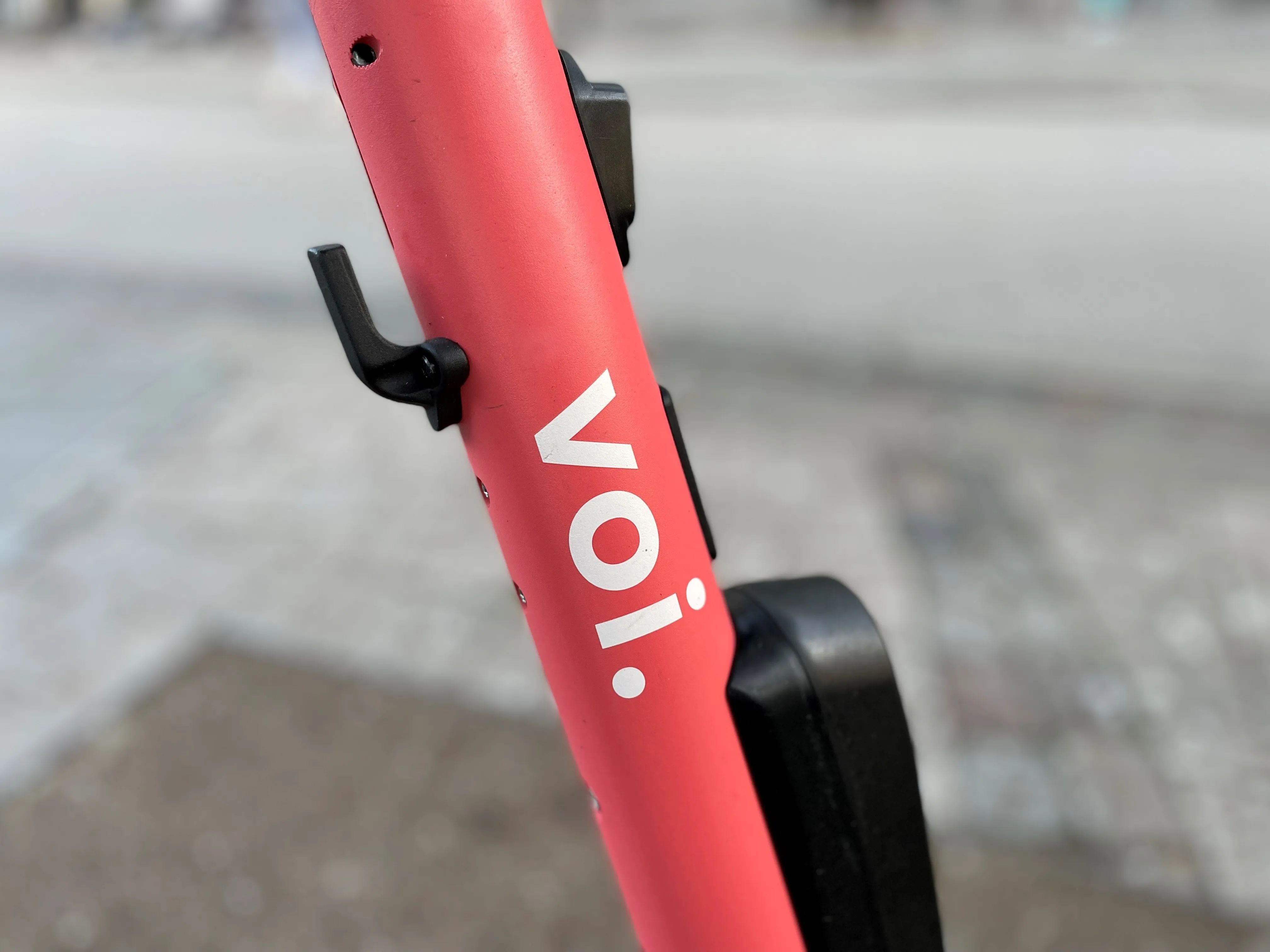Luxembourg has successfully completed the eCall conformity assessment, becoming the first EU Member State to declare its readiness to implement eCall.
This assessment was carried out under the umbrella of the EU-funded I_HeERO Project, which aims to conclude the upgrades needed for EU Member States to comply with the legal requirement of preparing for eCall’s launch on 1 October 2017.
Luxembourg, an I_HeERO project partner, completed the assessment under the supervision of NavCert, leader of the conformity assessment activities in the project.
eCall technology will be mandatory for all types of passenger cars and light commercial vehicles sold in the EU after April 2018, an initiative that aims to allow emergency services to respond more quickly.
The I_HeERO project seeks to ensure that the EU Member States’ Public Safety Answering Points (PSAP) are ready to handle 112 eCalls. By extending the reach of eCall to include other vehicles, such as hazardous goods vehicles, it is now looking at integrating the next generation of 112 eCall technologies.
Luxembourg becomes first EU Member State ready for eCall
Luxembourg has successfully completed the eCall conformity assessment, becoming the first EU Member State to declare its readiness to implement eCall. This assessment was carried out under the umbrella of the EU-funded I_HeERO Project, which aims to conclude the upgrades needed for EU Member States to comply with the legal requirement of preparing for eCall’s launch on 1 October 2017. Luxembourg, an I_HeERO project partner, completed the assessment under the supervision of NavCert, leader of the conformity
August 24, 2017
Read time: 2 mins










